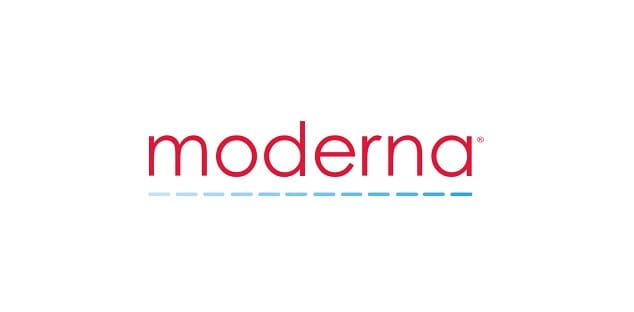
Key Points
- Moderna awaits FDA decisions on full approval for its COVID-19 vaccine and for booster doses.
- Boosters will make a bigger financial impact over the long run.
- Full FDA approval is a must-have for Moderna but likely won’t impact vaccine sales very much.
Keith Speights: Over the last couple of weeks, Moderna, ticker there is MRNA, of course, Moderna has completed its submission for full FDA approval of its COVID-19 vaccine. Moderna has submitted data for evaluation of a booster dose for its vaccine.
Brian, of those two, which do you think could provide the bigger catalyst for the stock if the FDA decides in Moderna’s favor.
Brian Orelli: Yeah. Looking at which one will increase the doses that are used, I think that the booster will clearly have a bigger impact. A full approval might result in a few more people picking Moderna over the vaccine from Pfizer and BioNTech or Johnson & Johnson.
But an authorization of the booster adds potential for 50% increase in the doses that have already been used. Obviously won’t quite be that high because some people will choose not to get the booster, but at least in theory, it could increase the use of Moderna’s vaccine by 50%.
Now from a financial standpoint, I don’t think either one of them really matters that much in the short term. The U.S. government has already committed to buying the doses. They’re either going to get used as boosters or they’re going to get bought and then donated to other countries that probably wouldn’t be able to afford to pay full price for Moderna’s vaccine anyway so those probably aren’t really lost sales.
Longer term, I think we’re probably back to boosters in terms of having a bigger impact, although there’s probably some caveats there. Obviously, a full approval is required, so it’s necessary for long-term sales Moderna wouldn’t be able to sell the vaccine after the pandemic if it only had an authorization, it needs a full approval to continue selling it after the pandemic is declared over or the health emergency from the pandemic is declared over.
But in and of itself, I don’t think a full approval really increases sales all that much. The boosters will only have a benefit to Moderna if long-term we need them, so not this this third dose, but the fourth dose and the fifth and the sixth dose, all of those are going to benefit Moderna a lot more than the third dose will financially.
If we only do a third dose, I don’t think there’s probably that much benefit from having requirements authorizing a third shot. I don’t think there’s that much benefit, I think we really have to get into the fourth, fifth booster for Moderna to really benefit from additional sales beyond what the U.S. government has committed to buy.
Speights: It’s possible that neither of these are really significant catalysts for Moderna?
Orelli: From a financial standpoint, yes.
Speights: Right. Now, of course, you mentioned though that over the long term, if additional boosters are needed, then that would be able to provide some financial natural growth for Moderna and probably for Pfizer and BioNTech as well.
Orelli: Even if you look at their 2022 numbers, I think maybe only half of their sales or maybe three quarters of sales are actually committed or maybe it’s even less than that I can’t remember, but it’s certainly not all.
I think they have $20 billion in potential sales for 2022, but a lot of those are just options of governments to buy them, but not full commitments. If the governments decide not to buy them, then obviously, those sales are going to materialize.
Speights: Right. I noticed that one of the top officials with the World Health Organization said that COVID is here to stay, we’re very unlikely to get rid of it.
I also saw that Malaysia is now saying that I think in late October, they’re going to basically declare that COVID-19 is endemic, which essentially means it’s here to stay. But even if that’s the case, that doesn’t necessarily mean that Moderna will be able to count on booster doses on a regular basis, right?
Orelli: I mean, people have to want to take it, right? So that’s the issue. It’s the same issue with flu vaccines. Everybody’s eligible and there’s plenty of flu vaccines, but not as many people that are eligible actually end up taking it just because they figure they’re not really going to get that sick from the flu.
If people think that if they’re vaccinated and then the chance of them getting really sick from COVID is pretty low, then they may choose not to get the boosters.









